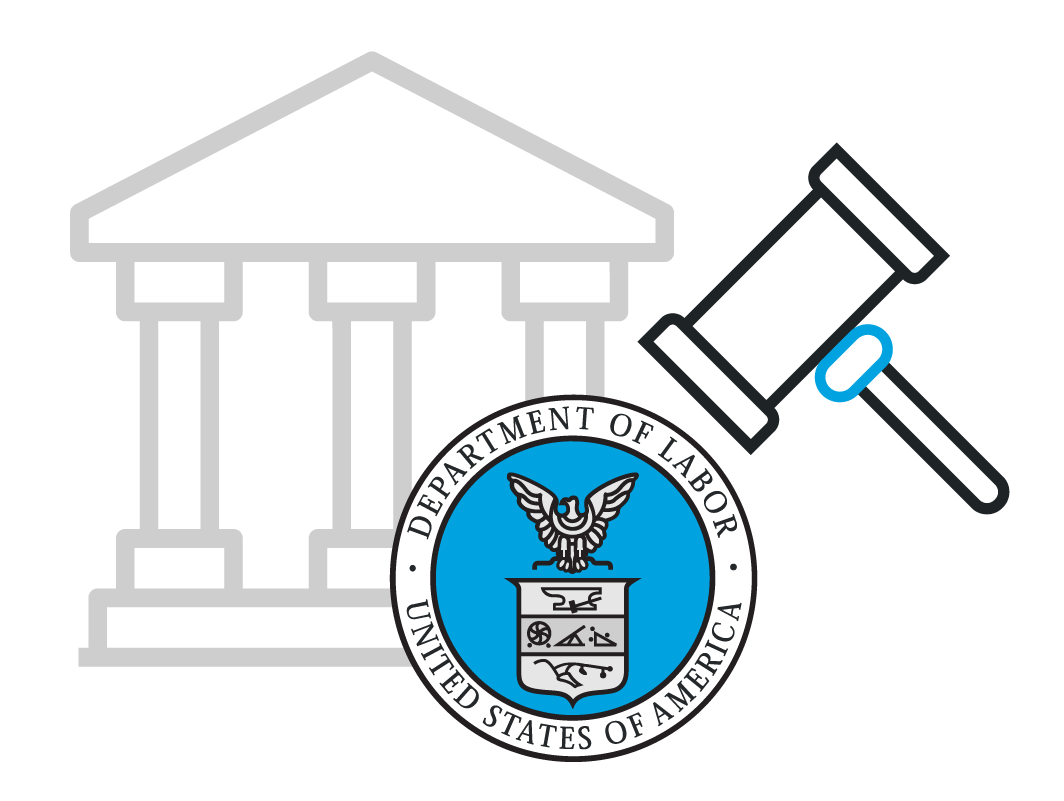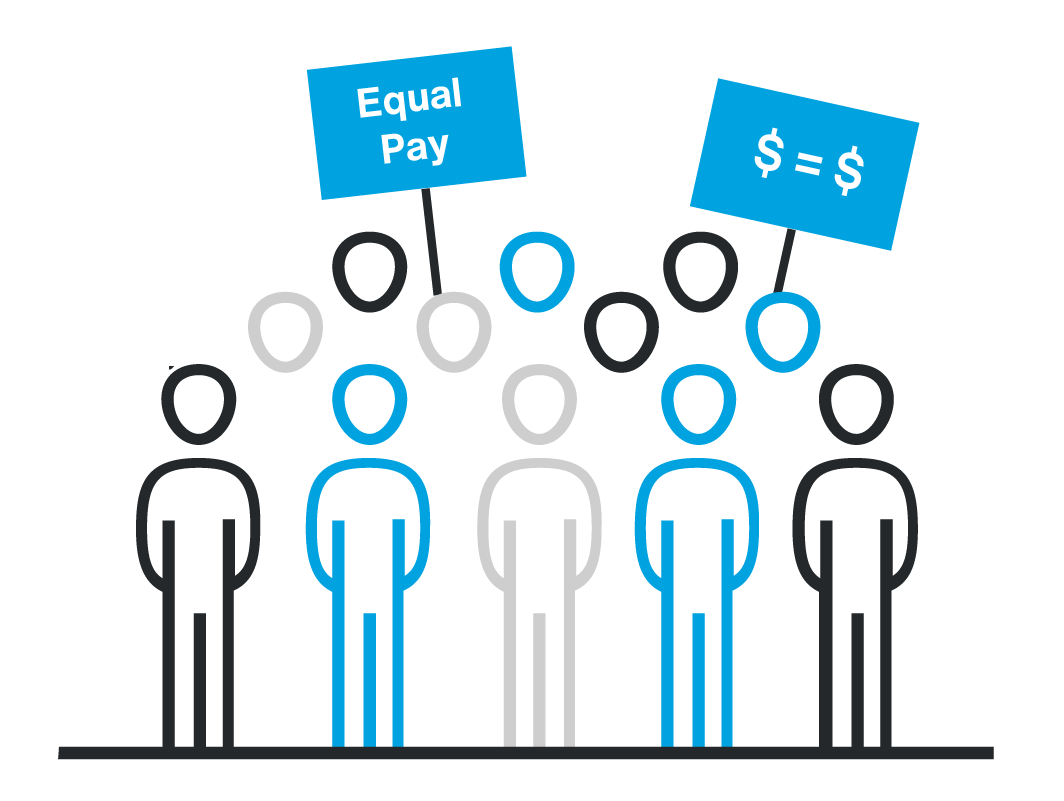
![]()
The U.S. Court of Appeals for the Third Circuit has reversed its decision regarding the classification of UberBLACK drivers and thus the Uber saga continues.
The original case dates back to 2016 and was filed by a group of drivers in Philadelphia driving for Uber’s high-end UberBLACK service. The drivers claim Uber violated the FLSA by misclassifying them as independent contractors and failing to pay them minimum wage and time-and-a-half overtime. The drivers contend that while on-call and not driving, they were still working for Uber because of the on-call nature of their role while logged into the Uber app. They provide as further proof, that while on call they had to wear specific business attire for the UberBLACK service, and were barred from refusing fares for fear of suspension or termination.
In a familiar argument, Uber said its drivers are independent contractors and not covered under the FLSA. Uber also argued that even if the drivers were covered by the FLSA, they are able to conduct other activities while logged into the app until a ride was assigned.
Indeed, the drivers said that they conducted numerous personal activities while logged into the Uber app. Those activities included accepting rides from private clients, sleeping, undertaking personal errands, smoking cigarettes, taking personal phone calls, rejecting driving assignments because they were tired, and conducting business for their independent transportation companies.
Now, the U.S. Court of Appeals for the Third Circuit has reversed its initial decision saying the drivers were indeed independent contractors and should instead be treated as employees. The court applied a six factor test in arriving at that determination, including the following:
1. The degree of the alleged employer’s right to control the manner in which the work is to be performed;
2. The alleged employee’s opportunity for profit or loss depending upon his managerial skill;
3. The alleged employee’s investment in equipment of materials required for his task, or his employment of helpers;
4. Whether the serve rendered required a special skill;
5. The degree of permanence of the working relationship; and
6. Whether the service rendered is an integral part of the alleged employer’s business
While the decision is not final, Uber will likely have to start treating its BLACK drivers as employees moving forward. And so the trend continues of employers having to treat individuals previously classified as independent contractors as employees moving forward.
Similar testing is taking place in determining whether or not a worker is to be classified as an employee and not an independent contractor in several states, such as California, New York, and Washington.
As the United States is moving largely towards a more equal and fair work environment for people operating in the gig economy, employers should ensure that they are properly classifying workers. Employment classification, exemption status, and wage determination legislation are becoming more stringent. Failing to comply with the FLSA, the Equal Pay Act (EPA) and other employee protection laws could be costly for organizations.
HR managers should be prepared to prove that they are classifying their employees correctly. Best practices suggest electing to undergo a comprehensive pay equity audit.
A pay equity audit not only helps identify any pay disparities, it brings to light the value of data quality. A recent report by Harvard Business Review Analytic Services, 90% of U.S. employers are planning, considering, or already performing internal pay equity audits.



